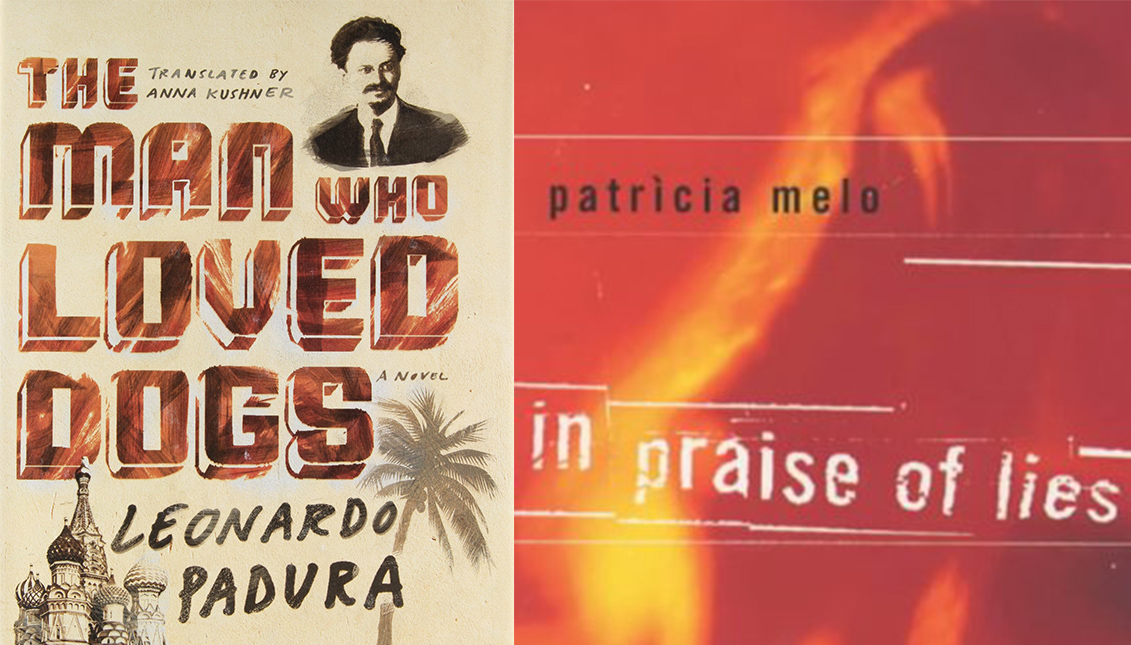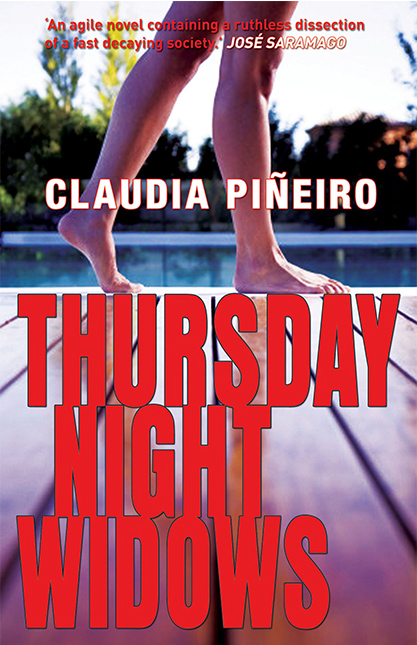
Latin Noir: Novels that are a crime not to read
Latin American criminal literature is the best spokesperson for political corruption and social drama. This is what fiction is like when, rather than…
World-renowned for Havana Quartet and its legendary detective, Mario Conde, in The Man Who Loved Dogs, Cuban Leonardo Padura adds to his passion for mystery a skill for historical novels and sometimes hair-raising characters. The central story recreates the murder in Mexico of Trotsky by the Spaniard Ramón Mercader after a laborious and dark plot devised by Stalin, an event that remains largely still a mystery.
In the novel, interwoven with testimonies, historical sources and diverse perspectives and notes, Padura feeds the mystery from a manuscript that gathers the adventures of Trotsky's murderer in a very interesting metallurgical exercise full of betrayals, identity changes, Stalinist purges and the history of Castroism in Cuba.
Often compared to Patricia Highsmith or Alfred Hitchcock for the deep psychological portrait of their characters, Claudia Piñeiro has the merit of being the most translated Argentinean author after Borges and Julio Cortázar.
RELATED CONTENT
In The Widows of Thursdays, as in many of her other novels, she dissects the consequences of the economic crisis in Argentina. But this time, she situates us in a luxurious urban area on the outskirts of Buenos Aires, where a group of married couples live with their backs to the world and their threats surrounded by barbed wire, surveillance cameras and, of course, darkness.
A terrible event that occurred in one of the chalets one Thursday night in 2001 will open up the Pandora's box of this small, closed, elitist community, and make its characters see the shadow of the collective crisis jump over the ditches of their impregnable dwelling and make them feel as fragile as the rest of society.
If the reader is among those who enjoy the suffering of the rich and powerful, they will love this merciless picture of Argentina's social decadence at the turn of the century.

The perfect crime and the femme fatales, common themes of the classic crime novel, are linked in this work in which Melo pays homage to the greats of literary crime, from Chandler to Hammet, while also making a very humorous review of the rotten underbelly of the publishing world.











LEAVE A COMMENT:
Join the discussion! Leave a comment.